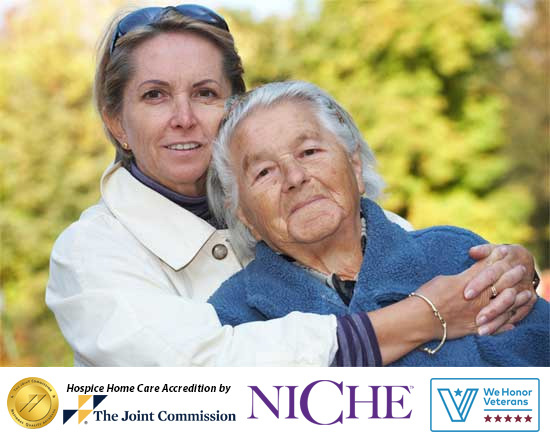Transitions into the New Year
By TRU Grief Services
 I had to look up the definition of “transitions” in order to really clearly understand it in relationship to grief. Transition is the process or period of changing from one state or condition to another. I had to think about that old adage about grief which states “don’t make any big changes the first year after someone dies” and then I realized that maybe people say this because there are so many little changes going on all the time after a loss. Add a couple of big changes, along with the little changes, it is too much and things just don’t feel safe.
I had to look up the definition of “transitions” in order to really clearly understand it in relationship to grief. Transition is the process or period of changing from one state or condition to another. I had to think about that old adage about grief which states “don’t make any big changes the first year after someone dies” and then I realized that maybe people say this because there are so many little changes going on all the time after a loss. Add a couple of big changes, along with the little changes, it is too much and things just don’t feel safe.
When someone you love dies and there is a change in the family, roles shift, feelings are different for everyone, and everyone is impacted directly or indirectly. There was a 13 year-old boy who told me that he wasn’t close to his great-grandma and so he wasn’t missing her, but everyone else in the family was grieving and so he was affected by their grief. He experienced the transition of a family’s grief process indirectly which in turn had a direct impact on him.
Sometimes people handle change in healthy ways, such as talking or connecting with others in activities, or some just don’t have a good way to handle their grief. They go to their defense mechanisms: they deny, they avoid, they drink too much, they numb their emotions however they can. However, the changes and transitions continue to happen, no matter how you cope with them.
Part of grief is being aware that you are in a state of significant change. Your relationship to your special person who has died has changed because that person is physically not here. How you define your emotional and spiritual relationship to your special person after the death is a highly personal one. As we go through those million little changes from changing what you buy at the grocery store, for example, to not sleeping and waking up at all times of the night, our bodies know that we are in transition. You might need more sleep. Some people get sick after the death of a loved one. Your body cannot ignore, minimize, or avoid what has happened and it often serves as a good guidepost to tell you how you are handling the transitions.
Figure out what helps you both positively and negatively get through the transitions of grief. It is often hard to accept truth or manage the yearning for that special person to accept what is now. It helps to know what helps you cope. Basic things can feel overwhelming if there is so much change happening. Sometimes those transitions are big and they have to be made right away after a death of a loved one. Do I go into a skilled nursing facility? Can I change schools where I am not bullied? Do I sell the family house because I lost my job? These are all things that contradict the adage “don’t make any major changes in the first year after someone dies.”
I can only conclude there is not any hard or fast rule about how to handle transitions in grief, but to try to be aware that you are going through them and that there are lots of little transitions and big ones, too. It is sometimes hard to remember the good ways you cope. Remember to have compassion for yourself as you would for someone else. Listen to your body and you will know when you are through with some changes while others will take longer. Grief does not understand timelines or deadlines. It takes as long as it takes. Best thought? Be mindful and patient with yourself and others. Stay in support, safety and comfort during grief transitions.
